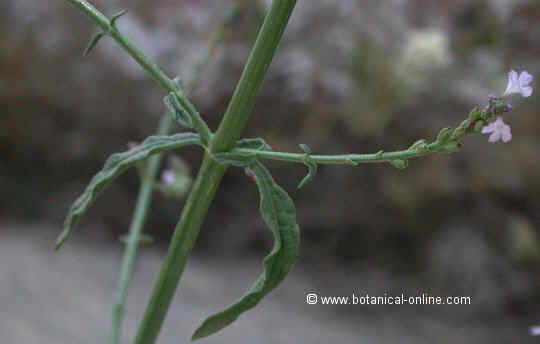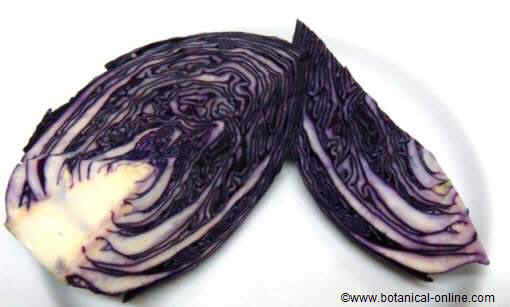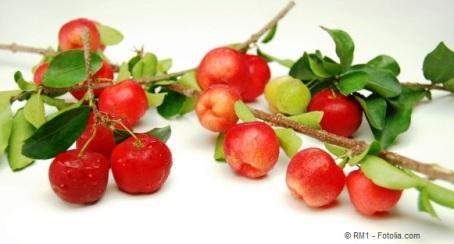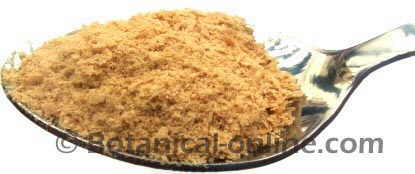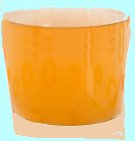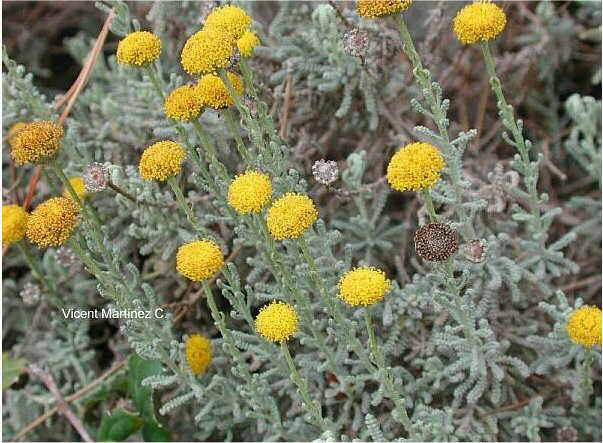Contents
Bad food for DAO enzyme deficiency
FOODS THAT CAN PRODUCE MIGRAINE
Excess of amines and deficit of DAO enzime
A traditional theory states that there are certain foods that contain amines, specifically histamine, that will be responssible of migraine.
Amines are a type of protein that causes narrowing of blood vessels. Among foods that contain amines we have, for example, chocolate, cheeses, citrus, etc. Eating these foods is responsible, according to this theory, for the onset of migraine.
Food theory derives from the discovery of people with a deficit of the DAO enzyme, which is responsible for metabolizing amines. The lack of this enzyme would cause them to accumulate producing these effects.
Diagnosis of the DAO enzyme
For the diagnosis of DAO enzyme deficiency it is necessary to go to a doctor to make a personalized study of the person’s clinical history, symptoms and treatment routes. Upon suspicion of DAO enzyme deficiency, a blood test is performed to determine it.
* More information: DAO enzyme test
List of foods that contain amines
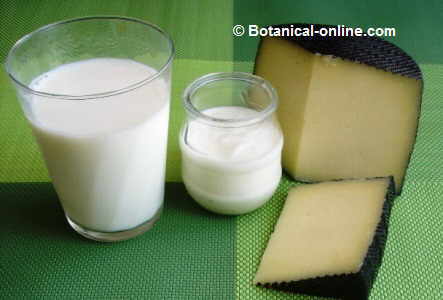 Dairy products, such as milk and its derivatives, can cause migraine in some people.
Dairy products, such as milk and its derivatives, can cause migraine in some people.
The following foods contain amines and a very high diet in these could cause or aggravate the migraine:
- Cured cheeses
- Cured meat, salted, smoked, sausages, pickles
- Beer and wine
- Nuts
- Oranges, lemons, tangerines, grapefruit and citrus fruits in general
- Tomatoes
- Eggs
- Drinks with caffeine
- * It is not clear that chocolate is responsible for causing migraines
Other foods to avoid
- Avoid foods rich in simple sugars: These foods are quickly assimilated by the body so that they produce a high peak of glucose in the blood, but, quickly, they are consumed so the glucose level also drops as quickly. The brain detects this lack of glucose and can manifest it in the form of a migraine. (See list of foods rich in simple carbohydrates)
- Control the foods that produce food intolerances: The intolerance towards a specific food seems to be responsible for the appearance of migraines. Although there are certain well-known and fairly frequent intolerances such as lactose intolerance, any food can produce an intolerance in certain people. Therefore, people must know, from their own experience, what food does not feel good because they are intolerant of it. Dispensing with these foods will help the person who is intolerant not to suffer the negative symptoms of ingestion, such as flatulence, diarrhea, vomiting or even migraine.
- Reduce high-fat foods: High-fat foods are difficult to digest, so abusing them causes problems with indigestion and major headaches. In addition, an excess of ingested fat leads to the appearance of obesity. People who suffer from migraines, if they gain weight, are aggravated by their pain, while, when they lose weight, they appreciate a decrease in weight. (See foods with a lot of fat)
- Reduce or avoid the consumption of alcohol: Some people alcoholic beverages trigger migraines.
- Reduce or avoid coffee consumption: In some people, coffee produces migraines and in others it does not. Therefore, each person should personally experience if they personally tolerate this beverage and other drinks or foods with caffeine, such as chocolate, cola, etc.
- Reduce fermented or preserved foods: This type of food usually produces migraine attacks in people who have a tendency to suffer from this disease. Among these fermented foods we have cheeses, wine or beer.
- Reduce cured foods: sausages, ham etc.
- Reduce processed foods: especially those that present certain food additives that seem to be responsible for the onset of migraines. Among them, the most common are nitrites and glutamates, and particularly monosodium glutamate (E621)
Opinions on the DAO diet for migraine
There are theories that even postulate that migraine has an exclusively alimentary origin. (See more information on this theory)
Without being so blunt on the subject, it has been considered for a long time that in the appearance of migraine, the type of food we eat and the way we feed ourselves play a fundamental role. Among the dietary tips to prevent or reduce migraine we have the following:
![]() More information on migraine.
More information on migraine.


